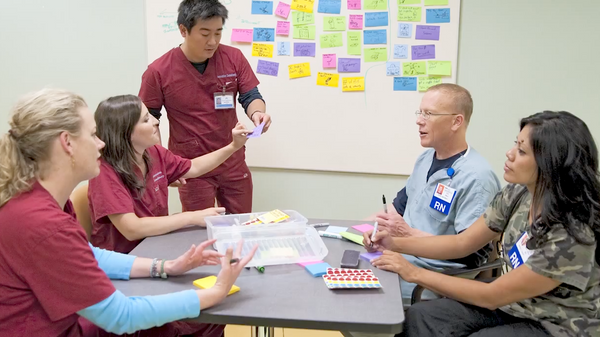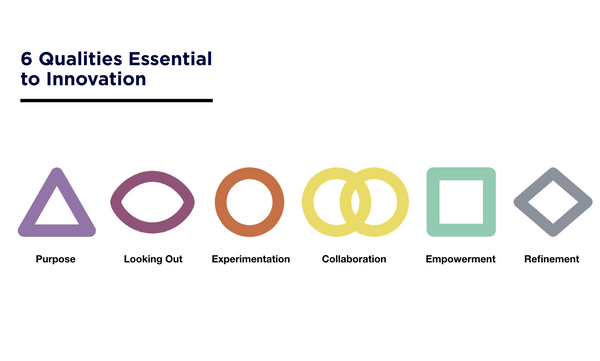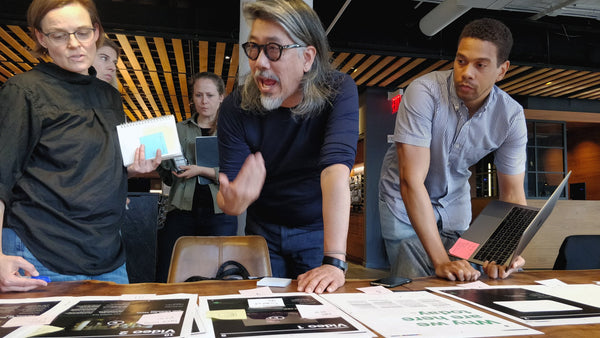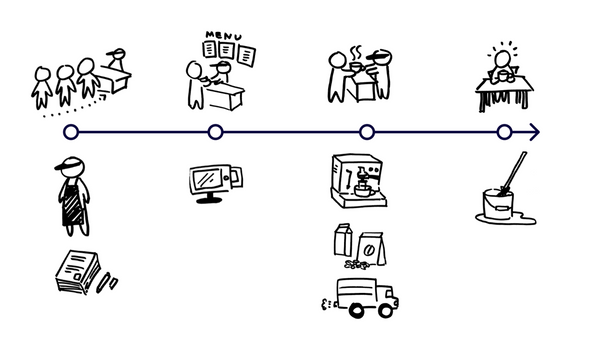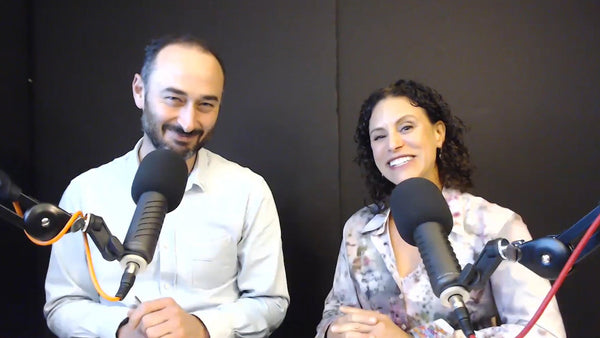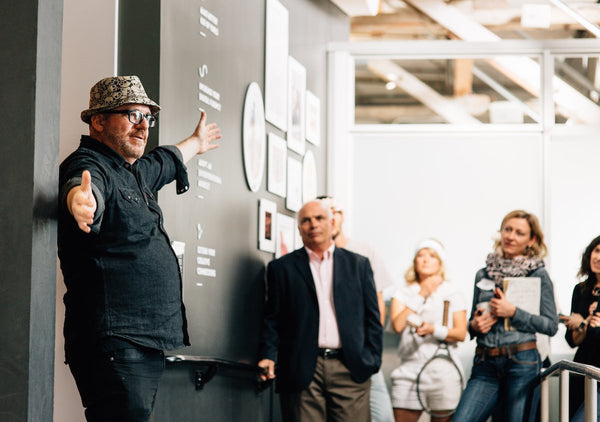Creative Confidence Series Articles
Try these activites with you team or on your own to help with everything from getting into a creative headspace to becoming a more collaborative team.
50 articles
Creative Confidence Series
- Previous page
- Page 11 of 13
- Next page




